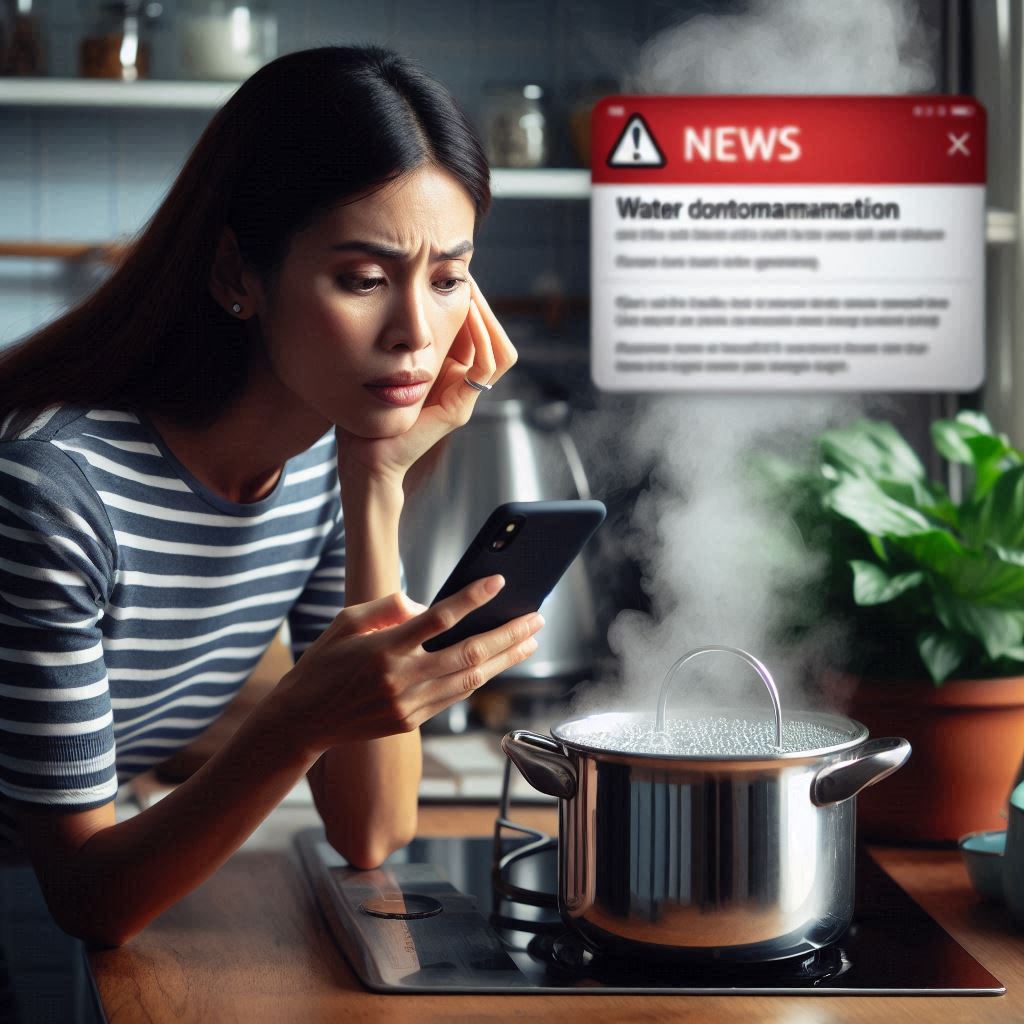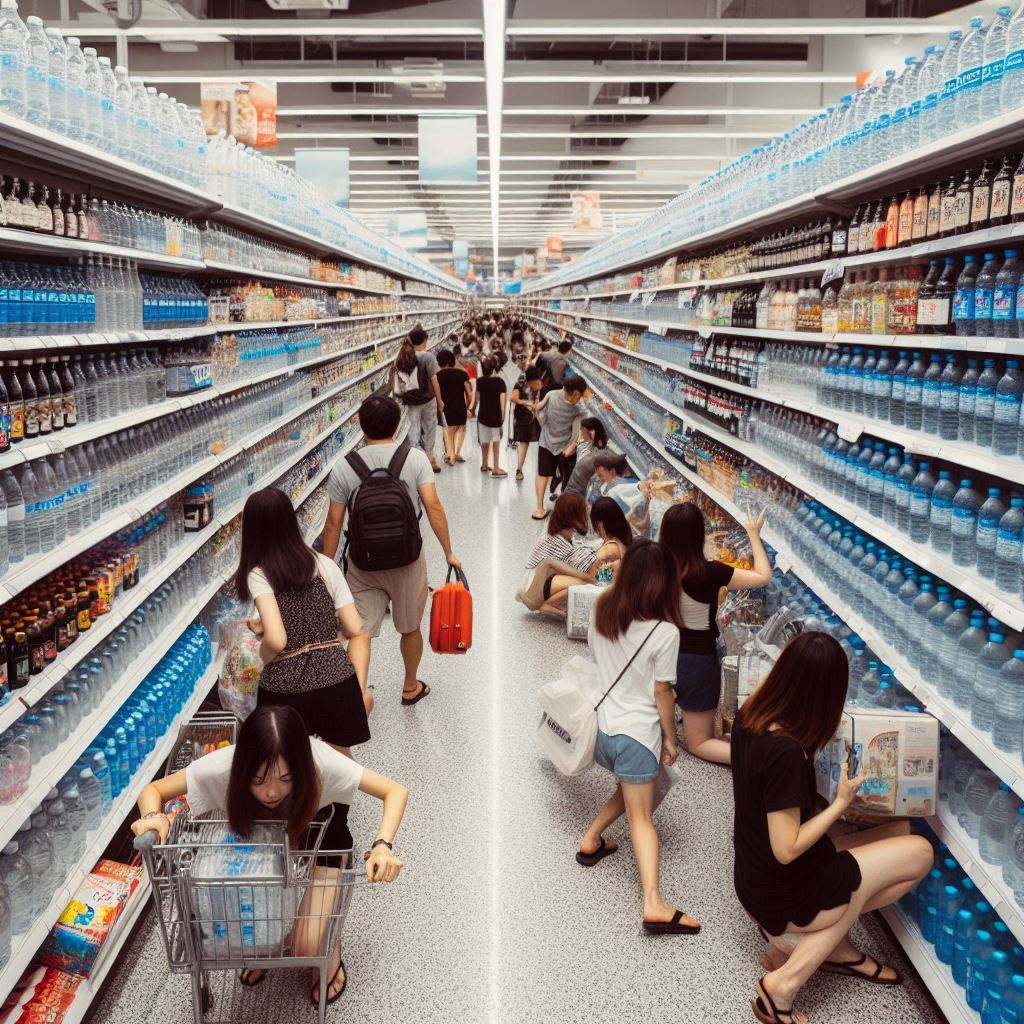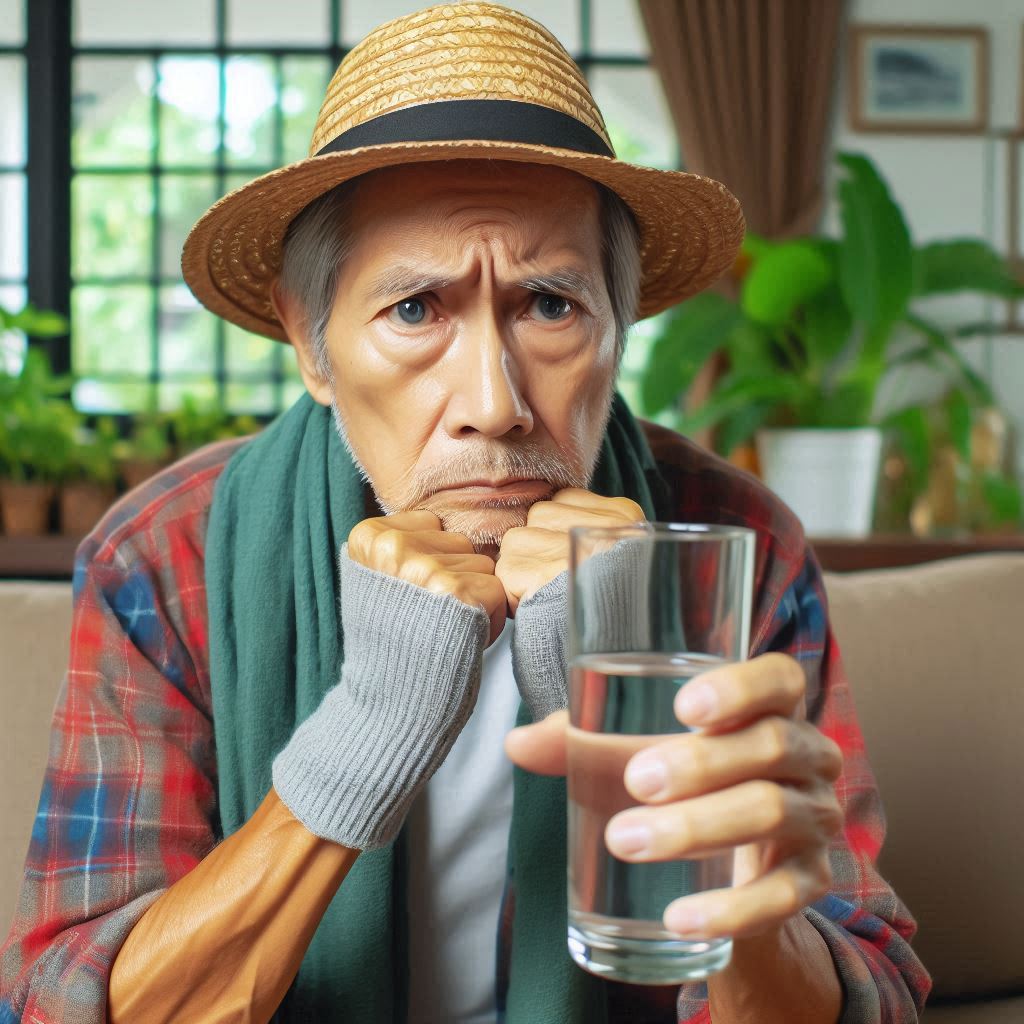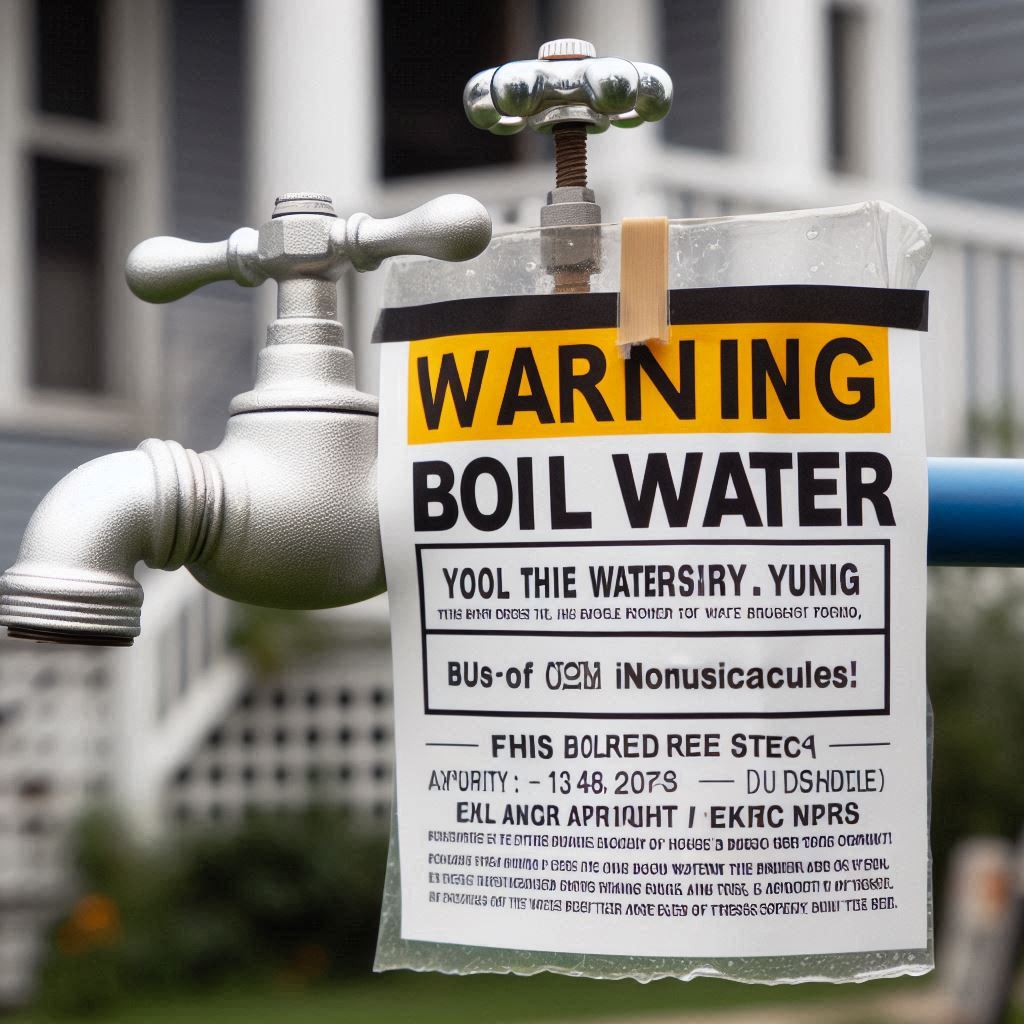Summary:
The boil water advisory for nine suburbs in New South Wales’ Central Coast has been lifted.
Residents were initially advised to boil their drinking water after E. coli bacteria was detected in a reservoir in Terrigal.
What’s Next?
The Central Coast Council has announced that further testing will be conducted in the coming days.
Full Report:
Around 40,000 residents in New South Wales’ Central Coast were warned to boil their tap water after harmful E. coli bacteria was detected in the local water supply. However, authorities have now confirmed that the water is safe to drink.
Following new tests, the Central Coast Council lifted the boil water advisory, confirming that E. coli is no longer present in the local supply.

The bacteria was initially found on Tuesday afternoon during routine testing at a water supply reservoir in Terrigal.
The affected suburbs included Terrigal, Erina, Erina Heights, Kincumber, Avoca Beach, North Avoca, Copacabana, MacMasters Beach, and Picketts Valley.
The alert was officially lifted on Wednesday afternoon after further testing confirmed the absence of E. coli.
A spokesperson for the Central Coast Council stated:
“New test results have confirmed that no E. coli is present in the reservoir system.”
“As a result, in consultation with NSW Health, the council has lifted the boil water advisory.”
“Extensive investigations and further testing, validated by an independent NATA-accredited laboratory, confirm that the water supply is safe.”
The council also expressed gratitude to the community for their patience and cooperation during the advisory.

Panic Buying of Bottled Water
The boil water advisory led to a surge in demand for bottled water at supermarkets.
Health Concerns
Before the alert was lifted, Leah Ridgef, a resident of Lisaro, shared her experience with ABC Central Coast after drinking tap water at a friend’s house in Copacabana.
“A few hours later, I started feeling hot and sweaty, and the next thing I knew, my stomach and intestines were completely upset.”
“It lasted for a few hours and then went away.”
She didn’t realise the cause until her husband saw the boil water advisory on Facebook.
E. coli is a bacteria that can be found in contaminated water due to human or animal waste and can cause gastrointestinal illnesses.

Bottled Water Shortages
Phil Borg, a vegetable store manager in Kincumber, described how customers rushed to buy bottled water.
“People were panicking due to the water warning.”
“We only had a few cases left, but they took everything… We sold 24 cases of bottled water first thing in the morning, whereas we typically sell around eight cases a day.”
“I ordered more, but the delivery truck won’t arrive until Friday, and I’m not sure how long our stock will last.”
Possible Causes of the Contamination
David Farmer, CEO of the Central Coast Council, described the test results as “unexpected.”
“[The results] seemed unusual, which is why we issued a precautionary message stating that the water was potentially compromised—not that it was unsafe to drink.”
“After consulting with NSW Health, we were advised to issue a boil water advisory. We also isolated the Terrigal reservoir.”
“Since 1 PM yesterday, no water from the Terrigal reservoir has entered the network.”
Further testing will be conducted to determine the cause of the initial contamination and prevent future issues.
“Typically, an animal ends up in the reservoir, dies, and compromises the water quality of that specific reservoir.
Once the animal is removed and the water is chlorinated, it becomes safe again.”

